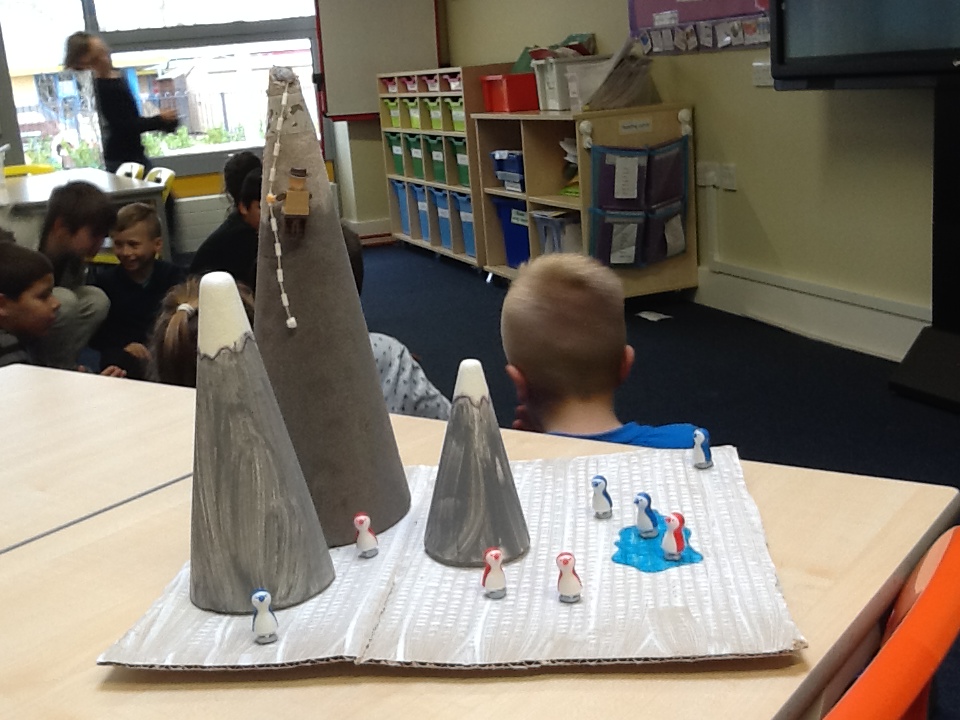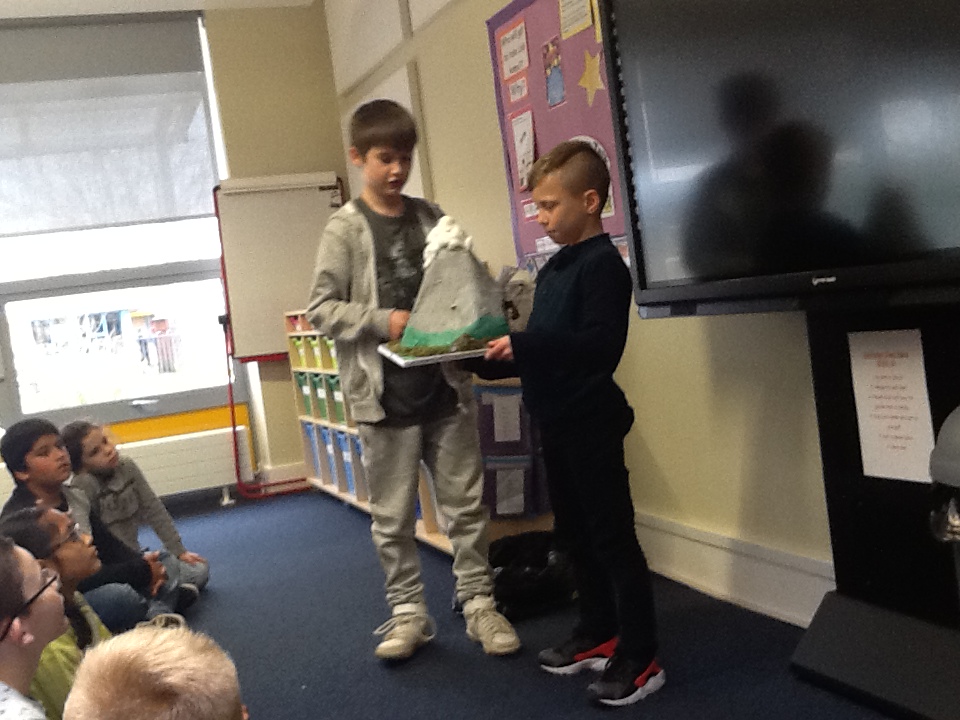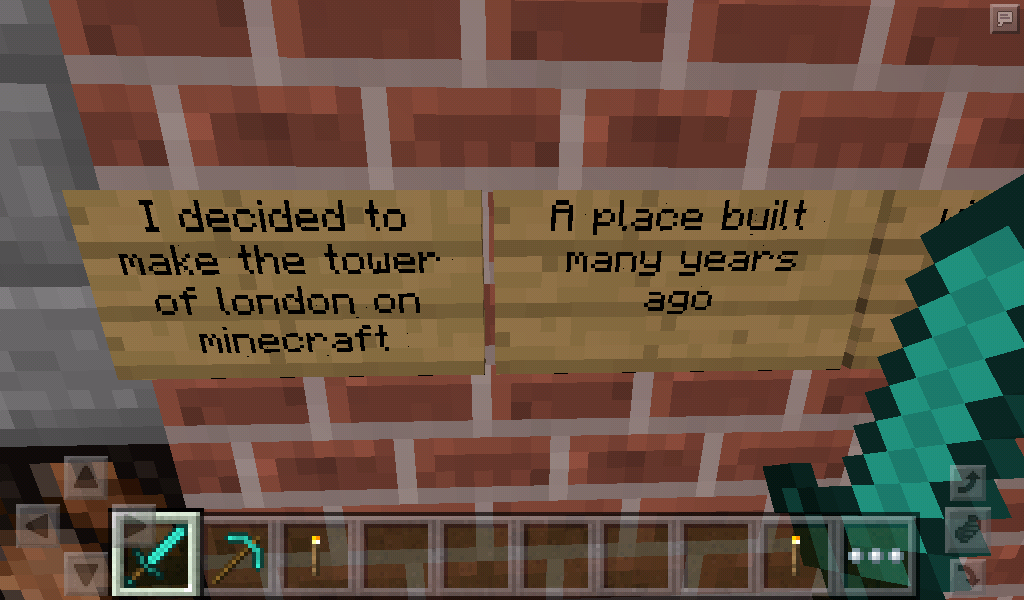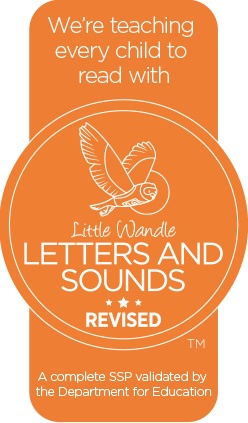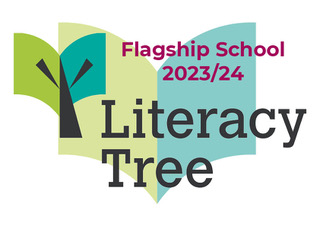Home learning & home learning guidelines
We appreciate just how busy and how important experiences are outside of school, but would still like to support our children and families with guides about the learning that will be taking place whilst at school. Details of learning can be found under 'Learning at Ashford Park', 'Year Groups'. Children, parents/carers have access to a variety of on-line home learning resources such as, 'Bug Club', 'Spelling Shed', 'Maths Shed', 'Pobble', 'Mathletics' and the Imaginative Learning project jigsaws, with examples of 'Home Learning projects', that parents/carers can complete together with their children to support the learning that will be taking place at school.
Home learning guidance
We define home learning as any activity that children take part in outside of school lesson time, either on their own or with the support of their family members. At Ashford Park, we have a strong commitment to parental involvement and see home learning as one way of developing this partnership.
Why provide home learning?
- It can provide opportunities for the school, children and parents/carers to work in partnership;
- It can provide information to parents/carers of the learning that is taking place in school;
- It can further stimulate interest and enthusiasm in learning;
- It can extend and support learning;
- It takes advantage of the home environment and resources and a chance for one to one time by parents/carers and siblings;
- It can be a great source for gathering topic information to share with other children and to receive peer evaluation about the home learning to date;
- It is a great opportunity to rehearse key skills such as times tables, role play, spellings, handwriting and key facts;
- It helps to foster good habits of organisation and self-discipline in preparation for the demands of secondary school.
Whilst we support all of the above key principles, Ashford Park is not a school where home learning dominates home and school life. We fully accept that not every activity will capture children and parents’ imagination and that precious time after school and at weekends can sometimes be busy. We believe that home learning should be enjoyable and manageable for all concerned and if it becomes a chore/burden/source of conflict, it ceases to be a constructive aspect of teaching and learning.
We do not specify amounts of time that must be spent on a task, preferring individual children and families to set their own routines. Teachers are of course willing to provide advice regarding any home learning questions that families may have.
We hope the children are motivated by positive incentives and by the tasks themselves and children are not in any way 'punished' if they fail to complete the home learning. However, discreet homework registers are kept and if a child consistently fails to complete and return tasks, this is discussed with the children and their parents/carers.
Home learning guidance is sent home every half-term and is available via the year group page on our website.
Here are some great examples of home learning produced by a few of our amazing pupils:
